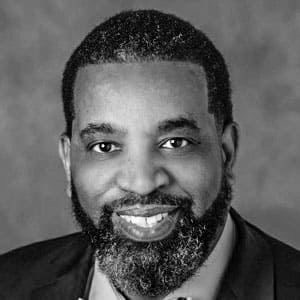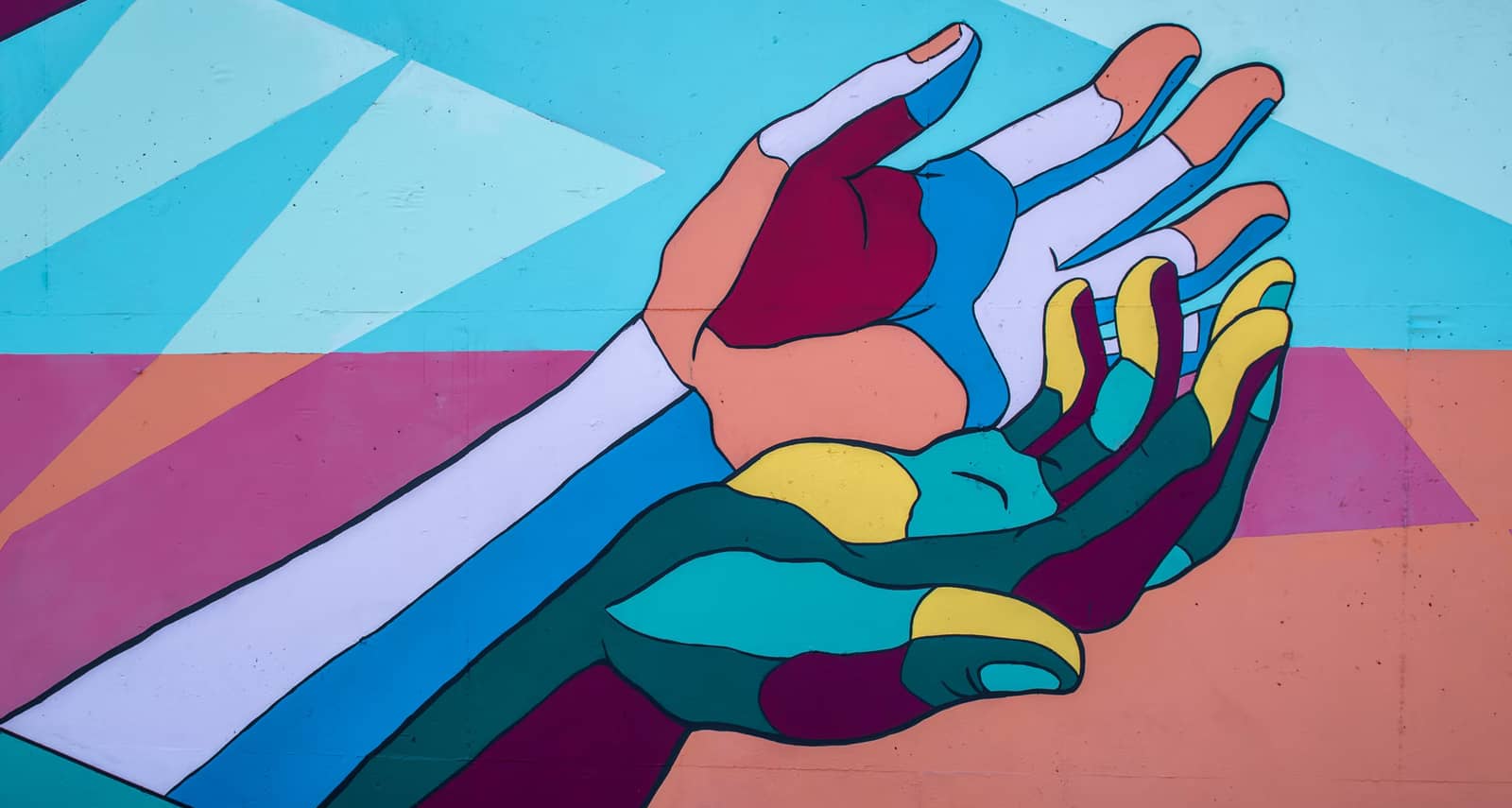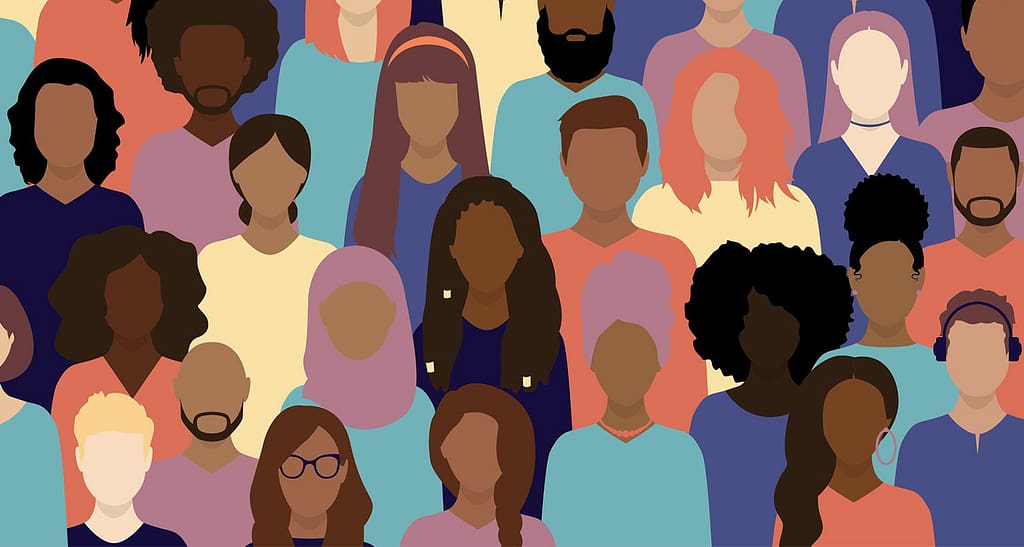
- Keith Augustus Burton
- August 7, 2020
Facebook
Twitter
WhatsApp
Telegram
Email
Ellen G. White and Social Justice
God’s people should be at the forefront of challenging societal inequities that disproportionately affect those who have been victimized by western colonial systems of oppression and exploitation. As we do this, Sister White challenges us to assess our own commitment to social justice.

The term “Social Justice” has gained popularity recently. Some believe it is a modern concept born out of Marxist ideology. However, social justice is older than creation. It is rooted in God’s eternal law of love. Those who open themselves to God’s love will want a society free of oppression, exploitation, poverty, violence and lopsided distribution of wealth.
When Moses collated the laws for the newly established nation, social justice was at the core. The rights of widows, orphans and indentured servants were protected. Statutes were in place to ensure the regular redistribution of wealth and provisions for the needy. There was even enough flexibility to adjust gender-biased laws when the daughters of Zelophehad raised their voices in protest (Numbers 27:1-11).
The constant refrain of social justice echoes throughout Hebrew society with Micah reminding the people, “What does the Lord require of you, but to do justly, love mercy and walk humbly with God?”(Micah 6:8). Understanding the restoration of societal justice as foundational to the gospel, Jesus himself would announce his mission as one that empowers the poor, sick, imprisoned and oppressed (Luke 4:18-19).
Given the central theme of social justice in scripture, one would expect that the premise would be embedded in the DNA of all who claim Divine paternity. Every born-again child of God should embrace the responsibility of confronting societal injustices. Ellen G. White, celebrated co-founder of the Seventh-day Adventist Church, understood this.
Those who allow themselves to be distracted by independent harbingers of fear in our denomination are probably under the impression that Sister White’s main interest was personal piety. With venomous passion they stress a narcissistic theology that is steeped in monastic asceticism. While Sister White was concerned about issues of health and self-control, she understood that these meant nothing for people who were not living the gospel.
In fact, she stresses that Christ Himself “interpreted the gospel to [people]” by sympathizing with the oppressed, feeding the hungry and healing the sick (Welfare Ministry, 56). Challenging members of the Seventh-day Adventist church to emulate His practice, she writes, “Practical work will have far more effect than mere sermonizing. We are to give food to the hungry, clothing to the naked, and shelter to the homeless” (Christ’s Object Lessons, 417).
Sister White’s advice should not be viewed as mere acts of “community service,” but it challenges the very core of our values. It’s not just about giving to the poor but confronting the opulent rich, as Jesus did with the young ruler (Matt 19:16-24). She warns, “[God] never meant that one man should have an abundance of the luxuries of life while the children of others cry for bread” (Testimonies 6, 273). Those who gain fortunes by exploiting others are condemned as “transgressor[s] both of the principles and of the precepts of the word of God” (Ministry of Healing, 187).
God’s people should be at the forefront of challenging societal inequities that disproportionately affect those who have been victimized by western colonial systems of oppression and exploitation. As we do this, Sister White challenges us to assess our own commitment to social justice with the reminder:
Jesus…identifies Himself with His suffering people. “It was I who was hungry and thirsty. It was I who was a stranger. It was I who was naked. It was I who was sick. It was I who was in prison. When you were enjoying the food from your bountifully spread tables, I was famishing in the hovel or street not far from you. When you closed your doors against Me, while your well-furnished rooms were unoccupied, I had no where to lay My head.
Your wardrobes were filled with an abundant supply of changeable suits of apparel, upon which means had been needlessly squandered, which you might have given to the needy. I was destitute of comfortable apparel. When you were enjoying health, I was sick. Misfortune cast Me into prison and bound me with fetters, bowing down My spirit, depriving Me of freedom and hope, while you roamed free.”
What a oneness Jesus here expresses as existing between Himself and His suffering disciples! He makes their case His own. He identifies Himself as being in person the very sufferer. Mark, selfish Christian: every neglect of the needy poor, the orphan, the fatherless, is a neglect of Jesus in their person (Welfare Ministry, 40).
May God help us all to be agents of social justice in a world that so desperately needs a witness to God’s love.

How Should Christians be Different?
September 6, 2023

The Pastoral Caregiver – Bearer of Stories
September 6, 2023

What Takes to be Different?
September 6, 2023

The Beauty of Diversity Within the Body of Christ
September 6, 2023

The Butterfly, an Object Lesson of Transformation
September 6, 2023

Mitigating the Risks of Cultural Compromises
September 6, 2023

Embracing Christ-Centered Counterculture
September 6, 2023








